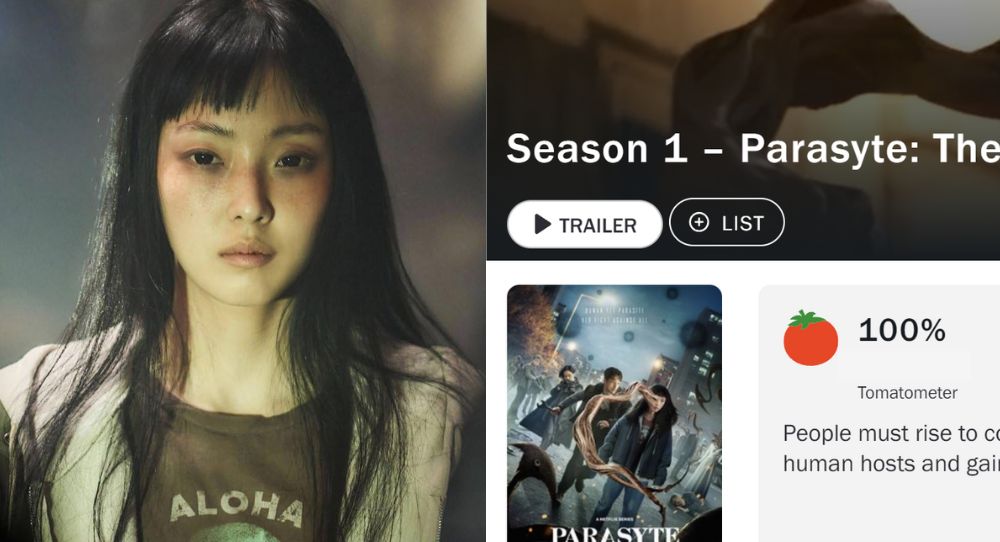
"Money Heist: Korea – Joint Economic Area" is the Korean adaptation of the popular Netflix series "Money Heist."
The initial box office performance of "Money Heist: Korea – Joint Economic Area" has been positive, thankfully.
According to FlixPatrol, a website that compiles streaming service content rankings, "Money Heist: Korea – Joint Economic Area", which was released on June 24th, ranked 3rd in Netflix's global TV program category for two consecutive days until June 26th.
"Money Heist: Korea – Joint Economic Area" topped the box office in 11 countries, including Hong Kong, Indonesia, Japan, Malaysia, the Philippines, Singapore, Taiwan, Thailand, Vietnam, and Morocco, where it was remade.

"Money Heist: Korea – Joint Economic Area" tells the story of a genius strategist (portrayed by Yoo Ji Tae) and a group of robbers who, against the backdrop of the Korean Peninsula on the eve of reunification, commit an unprecedented hostage heist.
Only the large frame in which thieves band together to steal a large sum of money is identical to the original, but the Korean setting drew attention.
Instead of a Dali mask, the main character wears a Hahoe mask when robbing.
Traditional Korean music is also used as background music to enhance the Korean appeal.

One of the female protagonists, Tokyo (portrayed by Jeon Jong Seo), utters historical consciousness-related nuances that only Koreans can comprehend.
Even though the original "Money Heist" was a worldwide phenomenon, "Money Heist: Korea – Joint Economic Area" has received a large number of positive reviews claiming that the addition of numerous Korean elements makes it feel new.
Actors Yoo Ji Tae, Kim Yun Jin, Park Hae Soo, Jeon Jong Seo, Lee Won Jong, Park Myeong Hoon, Kim Seong Oh, Kim Ji Hoon, Jang Yoon Ju, Lee Joo Bin, Lee Hyun Woo, Kim Ji Hoon, and Lee Kyu Ho are also receiving praise for their performances.

Nonetheless, there are numerous criticisms of "damaging the original".
Those who gave the evaluation that it was disappointing also showed a reaction that they felt repulsive, saying that it was like "Gukppong" content.
The focus is on whether "Money Heist: Korea – Joint Economic Area," which is off to a good start but has mixed reviews, will become as popular as "Squid Game" and "All of Us Are Dead," two Korean works that have swept the globe.
Source[1]



